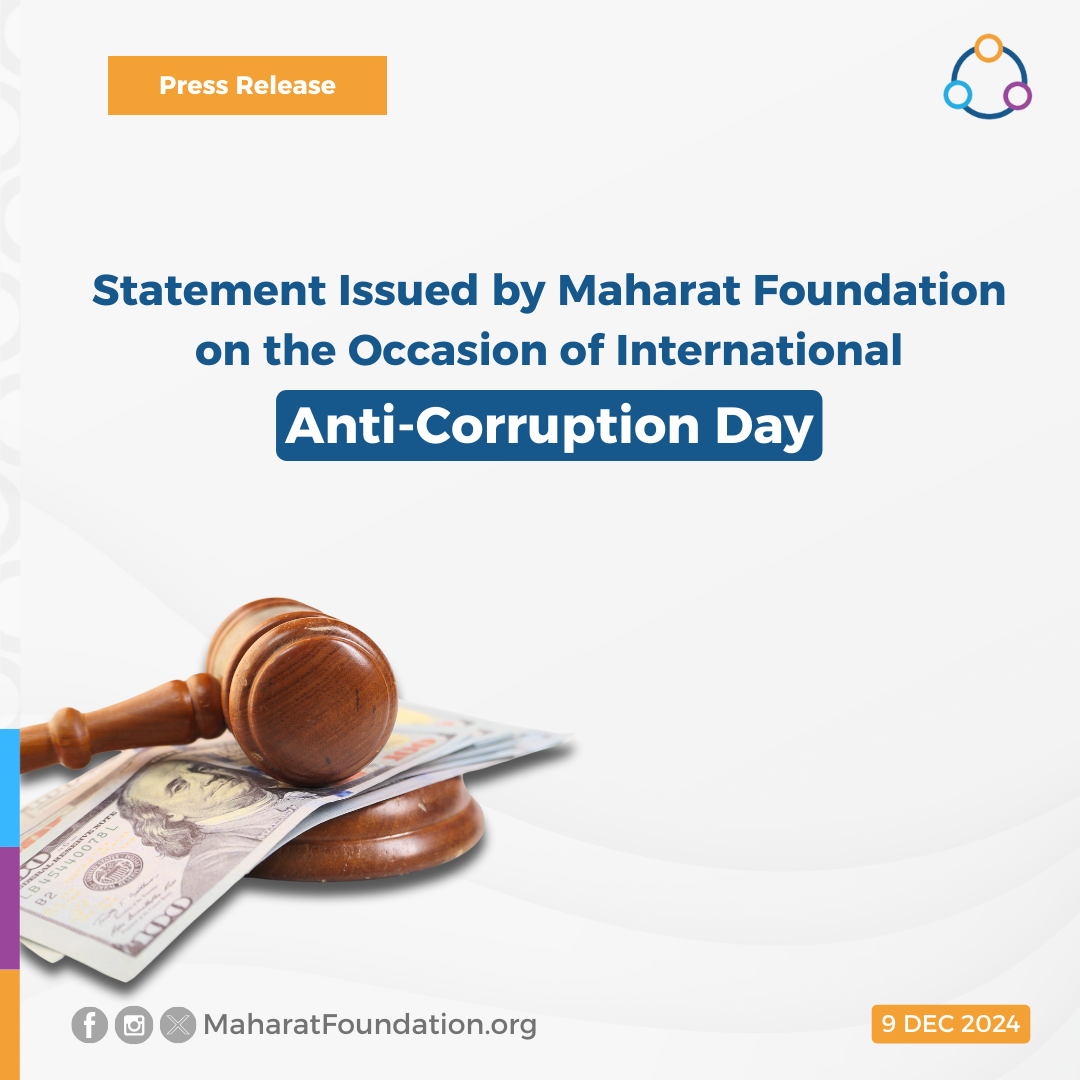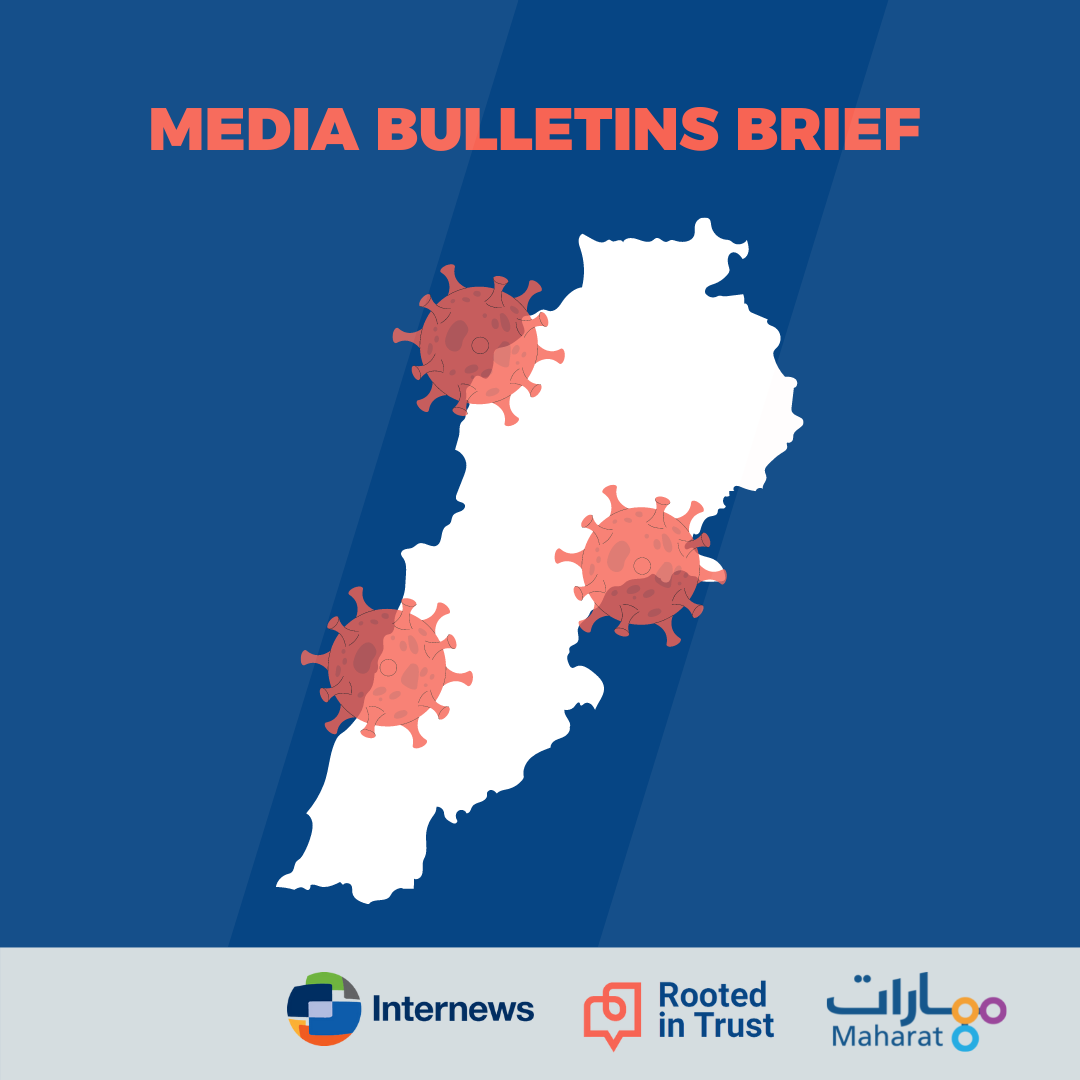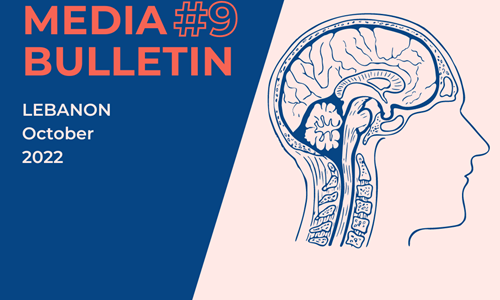
Statement Issued by Maharat Foundation on the Occasion of International Anti-Corruption Day
International Anti-Corruption Day comes as Lebanon continues to rank among the lowest on the Corruption Perception Index, with no progress in fiscal transparency. This persists despite the enactment of reform laws that were expected to improve Lebanon's ranking. However, these laws have largely failed to achieve their intended goals so far.
The Right to Access Information Law is hindered by significant gaps in compliance and implementation, as many administrations, institutions, and municipalities refrain from disclosing information, contracts, and decisions for various reasons. Moreover, the law, which has not yet become deeply ingrained as a cultural practice among citizens, activists, and journalists, also encounters obstacles such as delays in responding to information access requests or refusals to respond, despite decisions by the State Council affirming this right and obligating ministries and administrations to fulfill such requests and disclose the required information.
The National Anti-Corruption Commission, the legal authority to address complaints related to refused information requests, remained ineffective for years. Only recently has it begun fulfilling its role and issuing decisions. Similarly, the Whistleblower Protection Law, which the Commission is supposed to enforce, has not been practically utilized by employees, citizens, or others.
As for the Public Procurement Law, it requires the implementation of several provisions and reforms that have yet to be carried out in order to strengthen the fight against corruption. Key among these are the establishment of a Procurement Complaint Authority, the completion of the appointments to the Public Procurement Authority, the provision of resources and regulations, and the initiation of electronic procurement, starting with the creation of a central electronic platform in preparation for the full implementation of electronic procurement.
Today, following the ceasefire announcement on November 27, 2024, it is imperative to monitor the financial management of the response to the war’s damages and the reconstruction process. Questions must be raised about the mechanisms used to ensure the transparent and equitable distribution of aid and the extent to which they are implemented. Additionally, questions arise about the subsequent monitoring mechanisms that will be adopted by the oversight authorities regarding how the aid is spent.
Maharat Foundation underscores the importance of the right to access information in fostering transparency in government and public institutions. This right empowers citizens to hold officials accountable for their actions and decisions. The organization emphasizes the critical role of media in promoting access to information, monitoring the transparency of government and public institution activities, particularly in fiscal transparency. The media sheds light on positive practices in managing public funds while exposing opacity, misinformation, waste, and corruption in their administration, collection, and expenditure. This legal right, safeguarded by guarantees to fulfill its purpose, is a cornerstone of strengthening the rule of law, which is fundamental to societies.
Lebanon has taken a step in this direction with the enactment of the Right to Access Information Law No. 28 on February 10, 2017. However, implementing and enforcing this law’s provisions remains an urgent necessity to enhance the right to access information. Progress has been made, including the launch of the National Plan for the implementation of the Right to Access Information Law and the issuance of the implementing decree for some of its provisions under Decree No. 6940, dated September 8, 2020.
Additionally, the National Anti-Corruption Commission has been established to compel administrations to disclose information they refused to provide upon request.
Despite these efforts, opacity still dominates most state institutions and administrations, especially those playing key roles in managing and spending public funds. These entities often fail to disclose essential information or respond to information requests, particularly those submitted by journalists as part of their professional duties.
Maharat Foundation, in collaboration with concerned journalists, has begun preparing several appeals against decisions rejecting information requests to present them to the National Anti-Corruption Commission. This commission is expected to compel public administrations to disclose requested information.
Maharat Foundation calls on the Lebanese government to take immediate measures to enforce the law across all administrations, institutions, and entities subject to its provisions. These measures include appointing information officers and providing them with the necessary support to carry out their duties. Additionally, a unified electronic portal should be established, enabling all concerned administrations and institutions to publish mandatory documents and information, thereby facilitating citizens' right to access, participate, and hold entities accountable, especially regarding aid and reconstruction efforts.
The difficulty of accessing information pushes journalists to resort to anonymous sources, despite the critical need for reliable and specialized sources as a marker of professional journalism. A Maharat study on media coverage of fiscal transparency issues found that 90% of television news coverage lacked specific sources, with only 10% based on sources. Print media coverage fared slightly better, with 15% based on sources.
In this context, Maharat Foundation launched the Fiscal Transparency Tracker last May, which monitors public discourse on fiscal transparency, related key topics, and the accuracy of information circulating on issues such as the public budget, public spending, the abuse of state resources, and oversight. The tracker also provides a hotline for journalists to assist them in accessing reliable sources and information related to fiscal transparency and tracking the progress of sectoral reforms. In the coming months, the tracker will focus on monitoring the transparency of financial management of the aid and reconstruction efforts.
The right to access information is complemented by strengthening journalists' right to protect their sources, which helps ensure a safe media environment for journalistic work and contributes to safeguarding the process of disclosing information in the public interest.
This is what Maharat Foundation seeks to achieve in collaboration with the relevant parliamentary committees as part of media law reforms in Lebanon.





